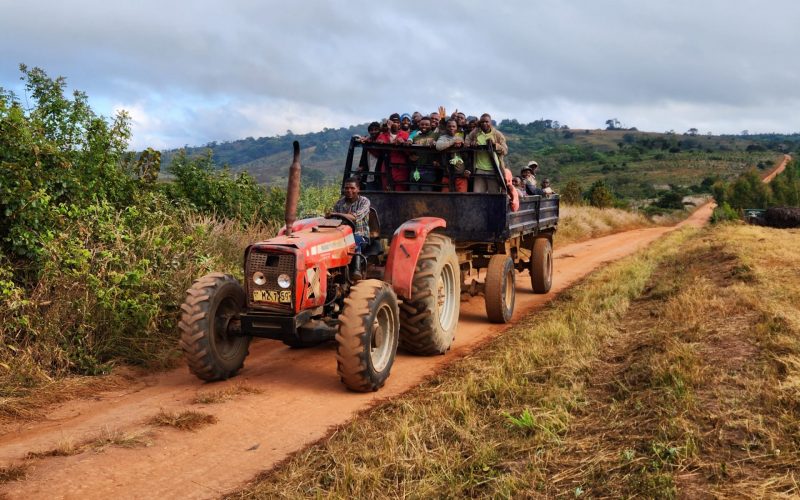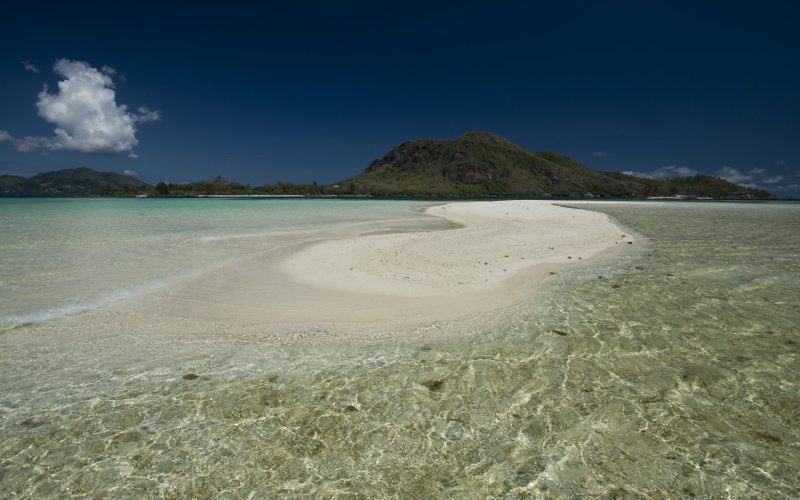Because the high seas are beyond national jurisdiction, we need the international community to commit to a legally binding mechanism that regulates their governance.
Read our related paper ‘Governing the High Seas: Marine Genetic Resources in Areas beyond National Jurisdiction’
Preparations are underway to create such a mechanism under the United Nations Convention on the Law of the Seas (UNCLOS). UNCLOS is seen as the “constitution of the ocean” both within areas of national jurisdiction and beyond. An intergovernmental conference will take place next year to finalise the mechanism.
To coincide with Marine Month, we highlight four vital aspects of the battle to save our high seas:
1: We need the high seas to survive
The high seas make up 95% of the total volume of the earth’s oceans. Because of their size, they support a vast number of ecosystems and are rich in marine biodiversity. These ecosystems play a vital role in generating oxygen, absorbing carbon dioxide from the atmosphere and regulating climate temperature. They are also an important source of livelihoods and food security for millions of people.
The high seas have great economic value too. Organisms found near hydrothermal vents on the deep seabed are used in the biotechnology industry. Currently, these marine genetic resources are used in up to 18 000 natural products and are the basis of over 4,900 patents. With great potential for finding new resources like these in the coming years, the estimated economic value of the high seas has shot up recently.
2: The high seas are affected by global power imbalances
Negotiations around the development of a legally binding mechanism to govern the high seas have revealed a big divergence between so-called developed and developing countries, especially around access and benefit sharing of marine genetic resources. Most patents based on these resources are held by companies in a small number of developed countries. Generally, developing nations do not yet have the capacity to make full use of these resources like developed countries do, and they are concerned they will receive little or no economic benefit from them. These power imbalances are hindering the collective action needed to ensure the high seas benefit developing and developed states alike.
3: The stakes are high for developing coastal states
While lacking technical, human resource and knowledge capacity, these small states could generate huge “blue economies” if they worked together. For example, the Pacific states alone cover over 10,000km2 of ocean space. Going into the intergovernmental conference next year states of the South, which are mostly middle to lower power states within the global political economy, will have a huge stake in the proceedings.
The big consideration for these states will be how to achieve an effective transfer of technological and knowledge skills that can be used for development without compromising conservation efforts. The intergovernmental conference is expected to finalise matters concerning monetary and non-monetary benefit sharing schemes in this regard.
4: Better high seas governance needs strong political support
Legally binding agreements affect international cooperation and require far greater political support than other agreements. Such agreements raise the costs of the game, often leading to strong national interest-based bargaining within international fora. While negotiations so far have gained consensus on many broad levels, many issues remain key obstacles to the creation of a legally binding instrument and successful implementation. Such matters need to be comprehensively resolved at the intergovernmental conference in 2018.
If the conference succeeds in leading to a legally binding instrument, it will shape the governance of the high seas in a fundamental way and significantly boost the conservation of biological diversity. Our part is to ensure that more is done to create effective public awareness and generate much-needed public participation. This will help build a governance framework that works for all: states, businesses and the citizens of the world.








